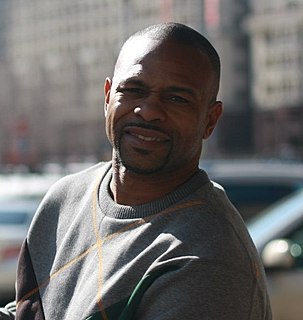A Quote by Peter Greenaway
As for critics, one mediocre writer is more valuable than ten good critics. They are like haughty, barren spinsters lodged in a maternity ward.
Related Quotes
I read reviews of critics I respect and feel I can learn something from. Right now there are a lot of bottom-feeder critics who just have access to a computer and don't necessarily have an academic or cinema background that I can detect, so I tend to ignore that and stay with the same top-tier critics that I've come to respect. I like reading a good review - it doesn't have to be favorable, but a well-thought-out one - because I very much appreciate the relationship of directors and critics.
I understand the feelings of critics asked to come up with the ten best films of any year, who say, Ten? Ten's a lot! - and those more generous spirits whose thumbs grow as long as Pinocchio's nose from overrating a lot of pictures, because they want the medium to do well, and because they'd like to feel good about it.
I would have been a lot more nervous if I would had known that Matthew McConaughey was [on 30th Annual Television Critics Association Awards] and Julia Louis-Dreyfus was there and all that, and I was like, "Wait a minute and Bryan Cranston's here..." I think I would have got more nervous. But I think thinking it was just like, "Oh yeah critics, we're good." It was great.
The evolution of social media into a robust mechanism for social transformation is already visible. Despite many adamant critics who insist that tools like Facebook, Twitter, and YouTube are little more than faddish distractions useful only to exchange trivial information, these critics are being proven wrong time and again.
Of course, there are those critics - New York critics as a rule - who say, 'Well, Maya Angelou has a new book out and of course it's good but then she's a natural writer.' Those are the ones I want to grab by the throat and wrestle to the floor because it takes me forever to get it to sing. I work at the language.





































